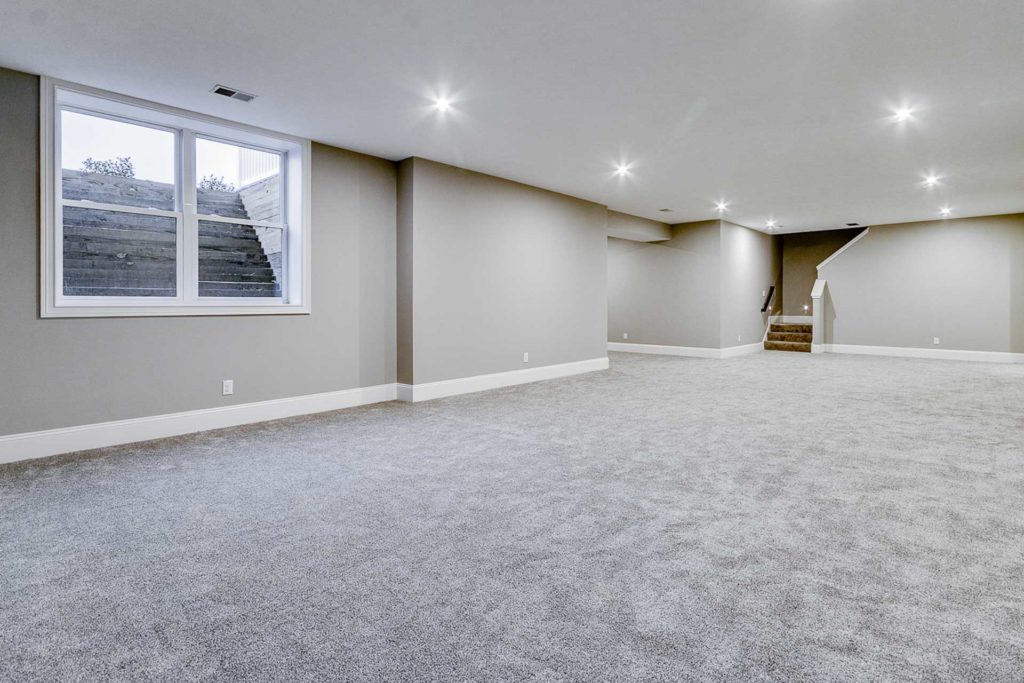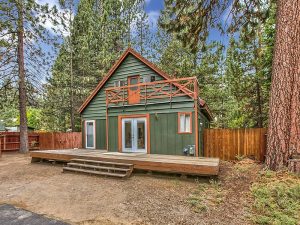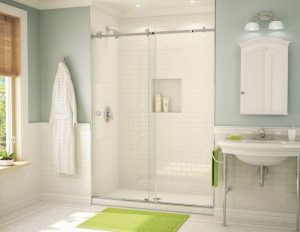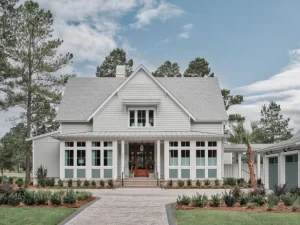
Understanding the basement waterproofing systems and how they work. Look at historical basement waterproofing and how it’s supposed to work. If you imagine how the basement was first built when the house it is in was first conceived.
When building basement walls, there is always space outside the walls that needs to be filled.
The void is filled with loose fill. The problem here is that the water is looking for the path of least resistance, and you just hit it with a huge pile of loose fill, no matter how well compacted it is. It is quite natural; water brings with it all kinds of suspensions. Water will constantly seep into this area. Conventional basement waterproofing provides some drainage pipes to drain this water away, but the problem is that these pipes often fill with sediment.
When these pipes fill up, the system becomes overloaded, and there is a lot of water pressure on the basement’s exterior walls. So while basement walls can be waterproofed in some way, water, as you probably already know, usually finds its way through the smallest of cracks.

The problem usually doesn’t disappear because the pipes supposed to drain excess water wear out over time. There is often no access to these pipes, which is a huge omission. Basement waterproofing Toronto is also applied to exterior basement walls to prevent water intrusion. The system is often called a tank system.
The best basement waterproofing system, such as a cavity drained basement waterproofing system, works by removing the water pressure on the walls. The water is controlled, collected, and flows through hidden drains to natural drainage or to a sump pump where the water is removed from the site.
Basement waterproofing systems are by far the best system. They are installed indoors, have easily accessible ports to remove sediment, and can be applied to basements where traditional tanks or other methods have failed, but with minimal interruption to the original basement.
A good basement waterproofing system:
- Usually, a permanent or long-term solution
- Stop both ways in which the water can penetrate the walls and come up from the ground
- Do not disturb the landscape design, terraces, driveways, etc.
- Commonly approved waterproofing method for mortgages
- Often significantly cheaper than other waterproofing methods
Summary
When protecting your home, choose solid basement waterproofing; remember that it is economically stupid not to waterproof because the added value of waterproofing will outweigh the cost of waterproofing. You should consider waterproofing not as an expense but as an investment in the value of your home.








